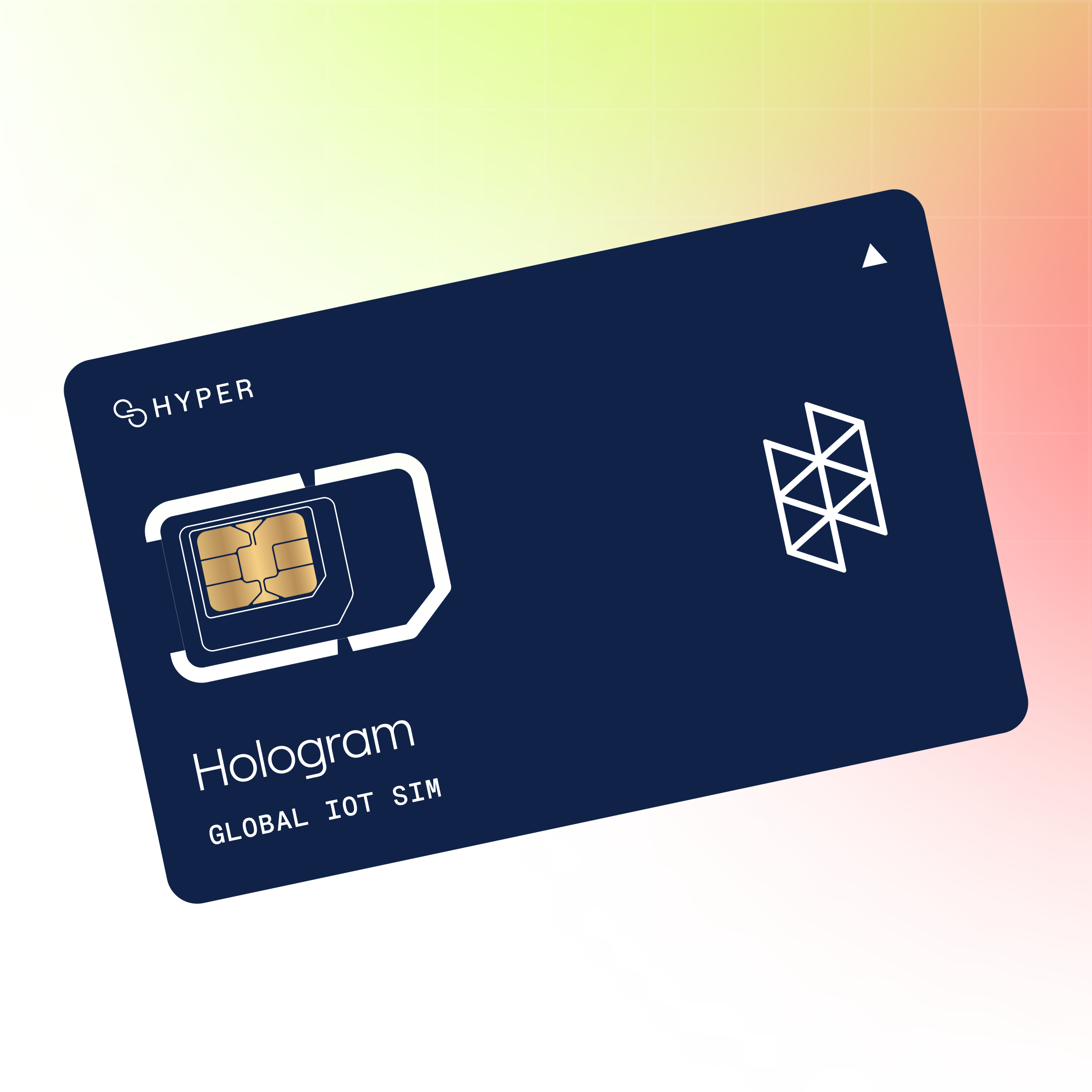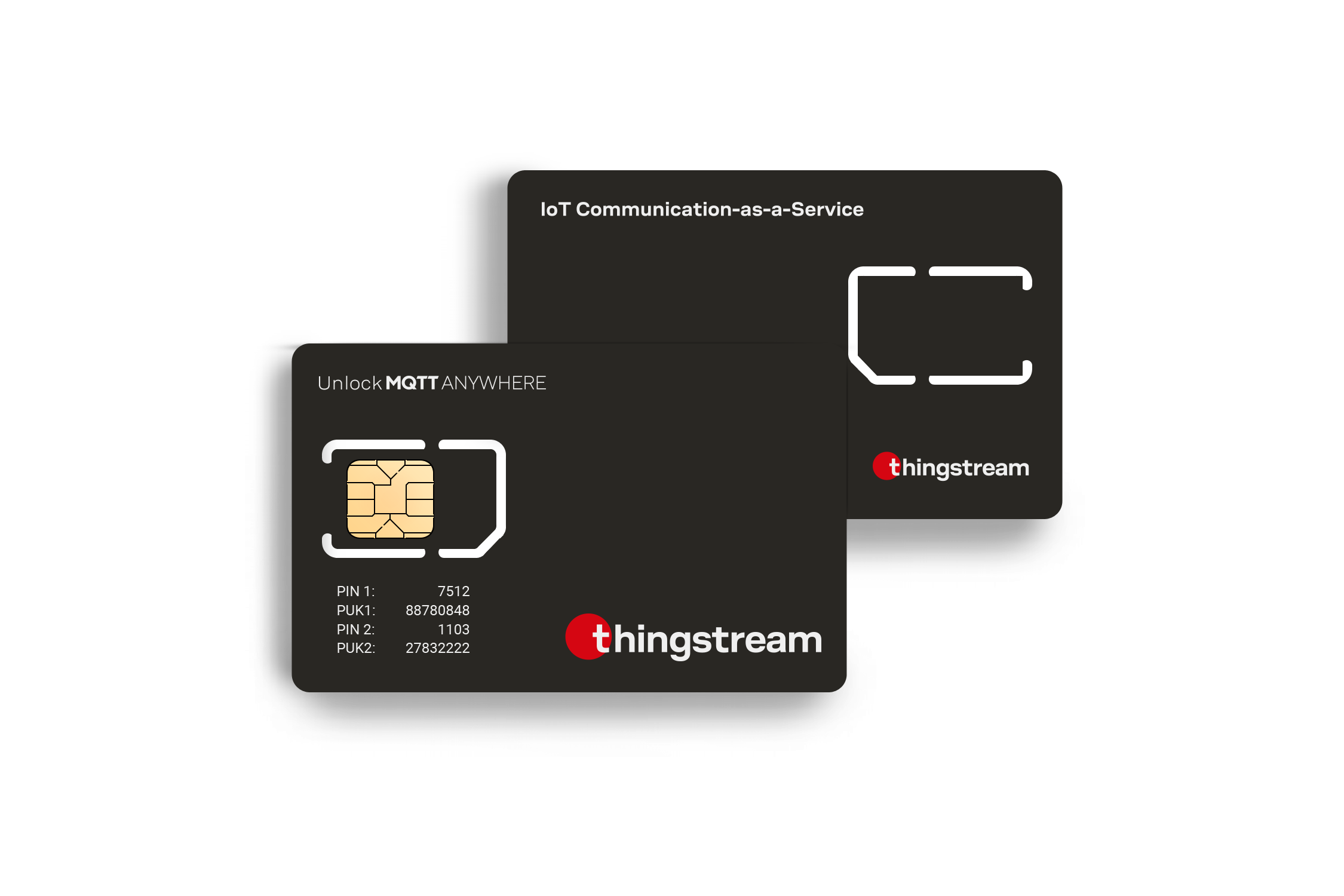Remote Monitoring Of Iot Devices IoT Security Risks and Solutions
The integration of IoT connectivity for supply chain management has emerged as a revolutionary pattern in current years. This technology enhances the effectivity and transparency of supply chains, permitting businesses to handle their operations extra effectively. The Internet of Things (IoT) includes a community of interconnected devices that collect and trade information over the internet. This connectivity is reworking the finest way organizations monitor and control their complete supply chain processes.
Supply chains historically operated with varied levels of handbook oversight. This approach usually resulted in inefficiencies, delays, and inaccuracies. Best Web Access Iot Devices. With IoT connectivity, businesses can gather real-time data from multiple sources, together with sensors, RFID tags, and GPS gadgets. This information offers insights into the status of goods in transit, inventory ranges, and tools efficiency. As a end result, firms could make informed selections that enhance operational effectivity and scale back costs.
Real-time tracking of merchandise in transit is amongst the most significant advantages of IoT connectivity for supply chain administration. By using GPS and RFID know-how, organizations can monitor the precise location of their items at any given time. This visibility mitigates the dangers of loss and theft. Moreover, it enables higher planning and coordination, in the end leading to improved delivery times and buyer satisfaction.
Data gathered via IoT gadgets aids in forecasting and demand planning. Companies can analyze patterns and developments from historical data to foretell future needs. This predictive capability permits organizations to adjust their stock ranges accordingly, thus preventing overstock or stockouts. Consequently, producers can align production schedules with market demand, reaching a extra harmonious flow throughout the supply chain.
Remote Iot Monitoring Devices Internet of Things Examples Explained
IoT connectivity also enhances asset administration by providing real-time details about tools and machinery. Businesses can monitor the efficiency of their property and schedule maintenance proactively, decreasing downtime and ensuring uninterrupted operations. Predictive maintenance powered by IoT can result in considerable financial savings on repair prices and prevent pricey disruptions to manufacturing processes.
In addition to operational efficiencies, IoT connectivity for supply chain management fosters collaboration throughout various stakeholders. Suppliers, distributors, and retailers can seamlessly share data, ensuring that everybody is aligned and knowledgeable. This shared information streamlines communication and decision-making, making a more cohesive network that may respond swiftly to any modifications in circumstances or necessities.
The environmental impact of supply chains is changing into increasingly crucial in at present's business landscape. Companies are under pressure to adopt sustainable practices. IoT connectivity can help organizations in monitoring their carbon footprint and useful resource consumption. By gathering information on logistics and transportation, companies can optimize routes, thereby decreasing gas consumption and emissions. This approach not only enhances sustainability but additionally improves operational efficiency.
What Are Iot Devices IoT Device Visibility Explained
Implementing IoT connectivity isn't with out its challenges. Companies should invest in know-how, infrastructure, and coaching to successfully utilize this approach. The prices related to deploying IoT gadgets and ensuring cybersecurity are potential obstacles. Addressing these challenges requires a strategic strategy that aligns the potential advantages of IoT connectivity with their organizational targets.
Data privateness and security are also significant considerations with the growing adoption of IoT in supply chains. The more gadgets that connect to the web, the greater the dangers of cyberattacks and data breaches. Organizations need to prioritize robust cybersecurity measures, ensuring that their networks and knowledge remain secure while enabling the complete range of IoT capabilities.
Access Control Iot Devices What Are IoT Devices?
Despite these challenges, the potential benefits of IoT connectivity for supply chain management are simple. Companies that embrace this know-how will probably achieve a competitive edge in their respective markets. Efficiency enhancements, better customer support, and enhanced collaboration open the door to new opportunities for innovation and development.
As organizations continue to acknowledge the value that IoT connectivity brings, the pattern is about to speed up. According to industry forecasts, the variety of linked units will only enhance, resulting in much more vital developments in supply chain management. Embracing IoT can rework supply chains from traditional, reactive fashions to proactive, data-driven ecosystems that dynamically adapt based on real-time info.
The journey in the direction of full IoT integration in supply chain management could additionally be gradual, but the course is evident. Companies must be keen to put cash into expertise and ensure they've the proper skills and assets in place. As supply chains evolve, the necessity for connectivity check here and data-driven insights will become paramount.
Industrial Iot Devices 60+ IoT Statistics (2024-2030)
In conclusion, IoT connectivity for supply chain management represents a pivotal shift in how organizations function. With real-time data, enhanced visibility, and improved collaboration, companies are better outfitted to fulfill shopper calls for and navigate complexities. While there are challenges to handle, the advantages of embracing IoT connectivity far outweigh the obstacles. Companies willing to innovate and adapt will thrive in this related panorama, resulting in sustainable growth and improved operational performance.
- Enhances real-time visibility across the availability chain by enabling gadgets to share information instantaneously.
- Facilitates predictive analytics to foresee supply chain disruptions and optimize inventory management.
- Enables distant monitoring of apparatus and property, reducing the need for on-site inspections.
- Supports automated quality management processes by integrating IoT sensors that detect anomalies in merchandise.
- Improves traceability via decentralized techniques, permitting for simpler monitoring of products from origin to vacation spot.
- Streamlines logistics operations with smart routing and automated delivery updates based on real-time visitors data.
- Minimizes operational prices by way of energy-efficient routing and useful resource administration enabled by connected devices.
- Fosters collaboration between suppliers and retailers by creating an built-in view of stock ranges and demand.
- Enhances buyer expertise by offering transparency so as status and estimated delivery times through IoT connections.
- Enables rapid adaptation to market changes by permitting firms to assemble and analyze information for agile decision-making.undefinedWhat is IoT connectivity in supply chain management?
IoT connectivity in supply chain administration refers to the integration of Internet of Things gadgets and sensors that facilitate real-time data exchange across the provision chain. Manage Remote Iot Devices Free. This connectivity enhances visibility, efficiency, and decision-making throughout the logistics course of.
How does IoT improve supply chain visibility?
Iot Devices Raspberry Pi What Are IoT Devices? Definition, Types
IoT enhances supply chain visibility by providing real-time monitoring of inventory, shipments, and belongings. Sensors collect information on location, temperature, and condition, permitting businesses to watch and respond to events proactively, lowering delays and losses.
What are the benefits of using IoT in supply chain management?
The key benefits of IoT in supply chain administration embody improved efficiency, value savings, enhanced decision-making, higher stock management, elevated transparency, and decreased risks related to supply chain disruptions.
Manage Remote Iot Devices Free Everything About Internet of Things
What challenges may companies face when implementing IoT in their supply chain?

Common challenges embrace integration with present techniques, information security and privacy considerations, excessive upfront prices, and the necessity for expert personnel to handle and analyze the information generated by IoT gadgets.
How can IoT help in demand forecasting?
Iot Devices Raspberry Pi 24 IoT Devices Connecting World
IoT units gather real-time information on client habits and stock ranges, enabling extra correct demand forecasting. This knowledge helps companies regulate their supply chain operations dynamically, main to higher alignment with market calls for.
Are there particular industries that profit most from IoT connectivity in supply chains?

Industries similar to manufacturing, retail, logistics, and food and beverage are amongst people who profit considerably from IoT connectivity. These sectors can utilize IoT to optimize operations, enhance monitoring, and improve product quality.
What Are Iot Devices What Are IoT Devices?
What kinds of IoT units are commonly utilized in supply chain management?
- Remote Connect Iot Devices Examples
Common IoT gadgets in supply chain management embrace GPS trackers, RFID tags, temperature and humidity sensors, and smart cameras. These gadgets provide important knowledge for monitoring property and ensuring efficient operations.
Are Iot Devices Remotely Controllable 2024 IoT Smart Device Trends

How does IoT impact sustainability in supply chains?
IoT promotes sustainability by optimizing resource use and reducing waste. By monitoring remote access iot devices operations in real-time, companies can decrease energy consumption, lower carbon footprints, and improve recycling efforts throughout the supply chain.
Remote Access Iot Devices Through Ssh What Is Internet of Things?
Is data from IoT units secure?
While IoT gadgets can provide important advantages, safety stays a concern. Businesses should implement sturdy data protection measures, such as encryption, secure access controls, and regular security audits, to safeguard sensitive information collected by IoT systems.